Letizia Battaglia’s Dangerous Battle
Divorced and nearing your forties, you began to take photos, becoming the first Italian female photographer to be hired by a newspaper.
Before photography, I didn’t exist. When I was 16, in order to free myself from my jealous and authoritative father, I got married to then get a divorce at a time in which Italy was still very bigoted. Photography has been my salvation, a way to maintain the independence I had obtained.
How did you react when you were asked about making a documentary on your career?
These two women presented themselves to me, an English director and an Irish producer, and I trusted them because they were women. And then maybe it was time to offer myself up to the cinema audience with a film that talks about the Mafia from the point of view of someone who went out into the field to document the horrors and consequences. However, when I saw the clips from my youth on the big screen, I admit I felt a little embarrassed because it’s quite intimate.
Did you see the documentary during the editing phase?
No because I knew that if I did I would’ve asked the director to change some things.
In the end they talked about something private, my loves. And I did not approve of their decision to leave out Leoluca Orlando, whom I respect as a mayor and towards whom I am very grateful.
You documented the Mafia killings of the 70s and the 80s. Where does your social engagement come from?
The passion and need for liberty and justice. Photographing the bloody years of Palermo, when the Corleonesi clan started was at war with the Mafia, meant answering to a primarily moral emergency. Then, as a woman, I encountered difficulties in a system that was prevalently male. It took time to earn professional credibility.
Your favorite shot?
The one of Falcone at the funeral of General Dalla Chiesa.
You’ve often mentioned that you do not like the definition of photographing the Mafia.
I don’t just photograph murder victims and big arrests but also the beauty of Palermo.
I would often venture out to Palermo’s poorest neighborhoods. When I entered into those homes I found a more welcoming world: the women and girls let me take pictures because they trusted me.
Your shot of Giulio Andreotti walking across the hall of the Zagarella Hotel with Nino Salvo was used as probatory evidence in the trial that made clear the ties between the seven-times Prime Minister and Cosa Nostra. Is that the photo that cemented your success?
Success is a terrible thing. I prefer love.
The documentary also speaks of your political activity.
I was in politics for ten years. It was a great period because as a deputy and advisor for urban viability with Orlando, I had the opportunity to do something useful for my city, for my Sicily. But now politics are corrupt. I don’t like it.
How do you see Palermo today?
Palermo is a city that gives me joy. It’s a city that is changing for the better even if there’s still a long way to go to recover from a past that continues to whey it down like a boulder. Sure, we no longer see politicians getting murdered, but this doesn’t mean that it’s been eradicated. With the Stato-Mafia treaty it simply infiltrated the institutions.
What battle do women face today?
Italy is still sexist but it never lent itself to the game of using feminism for convenience. Today women are happier, they are more daring than men but they still have to work hard to feel free and fully in charge of themselves. But the change has to come from women themselves. In Palermo, young girls wear mini skirts but they still dream of Prince Charming.
And what is your battle?
Healing still open wounds. I’m no longer a crime photo-reporter. My therapy is predominantly visual. I want to photograph naked women, young, old. Their beautiful and honest body, capture their desire to be reborn. I want to expand the International Center for Photography in my city, a place to teach young photographers to go straight to the heart of things, to use photography to find empathy with others and with themselves.






























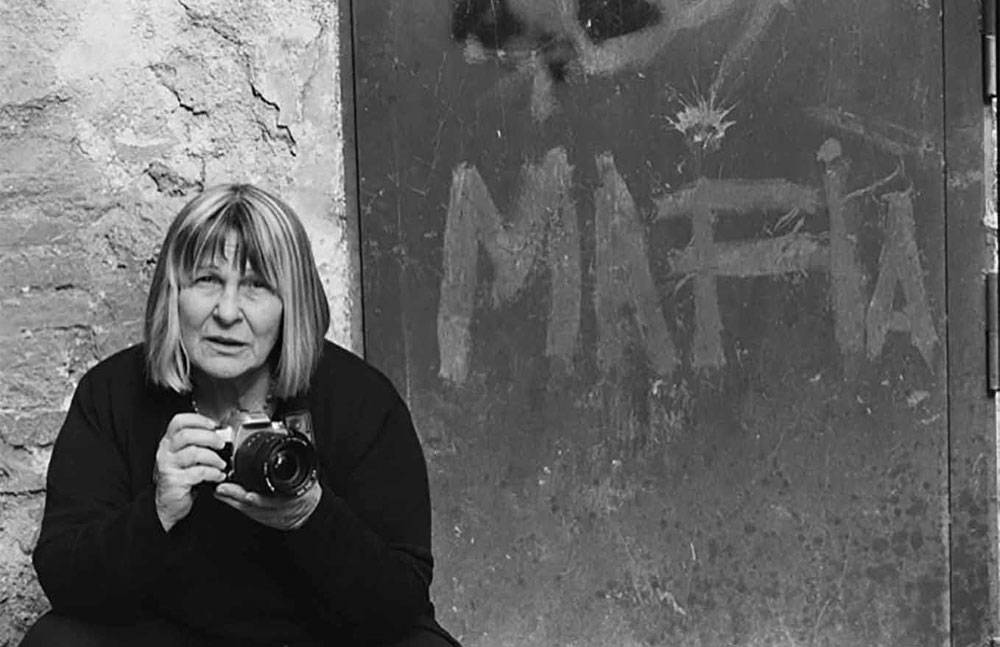
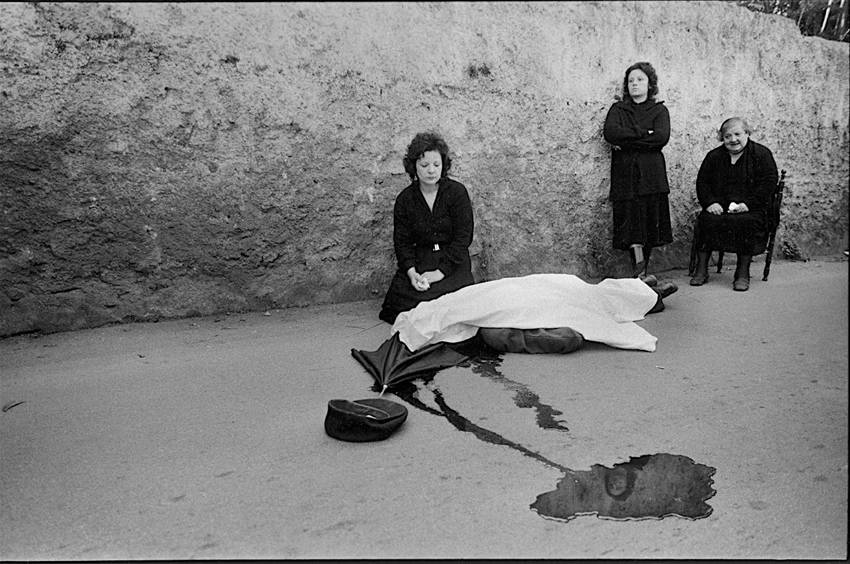
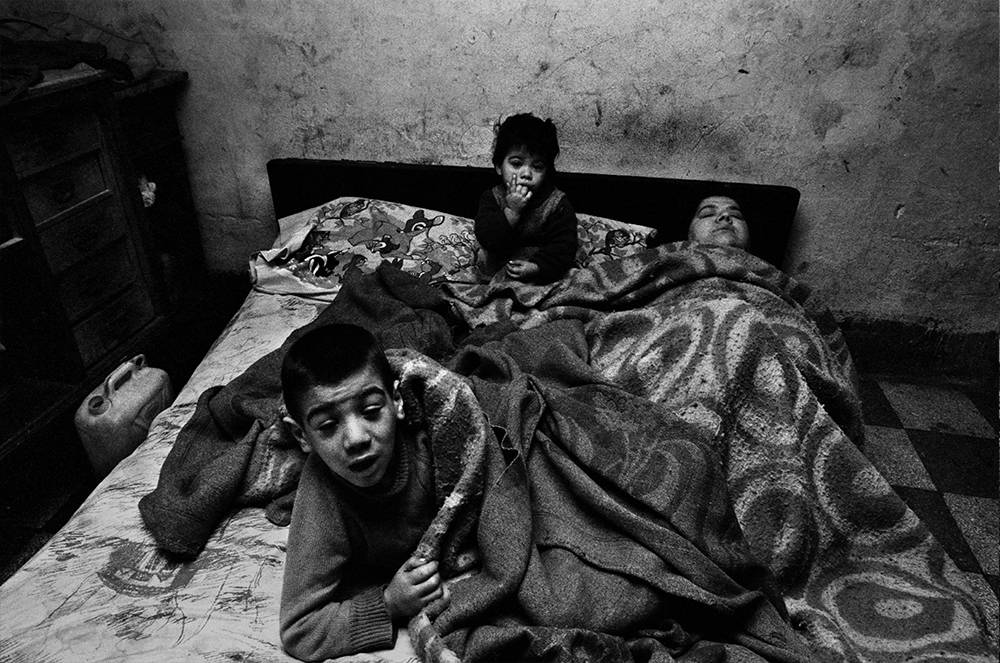
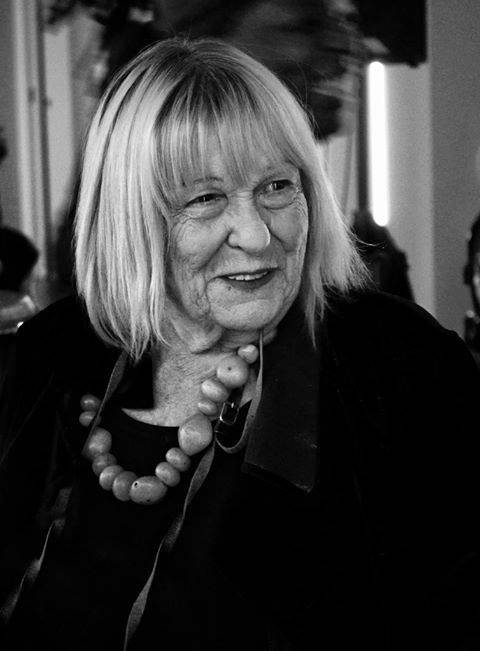
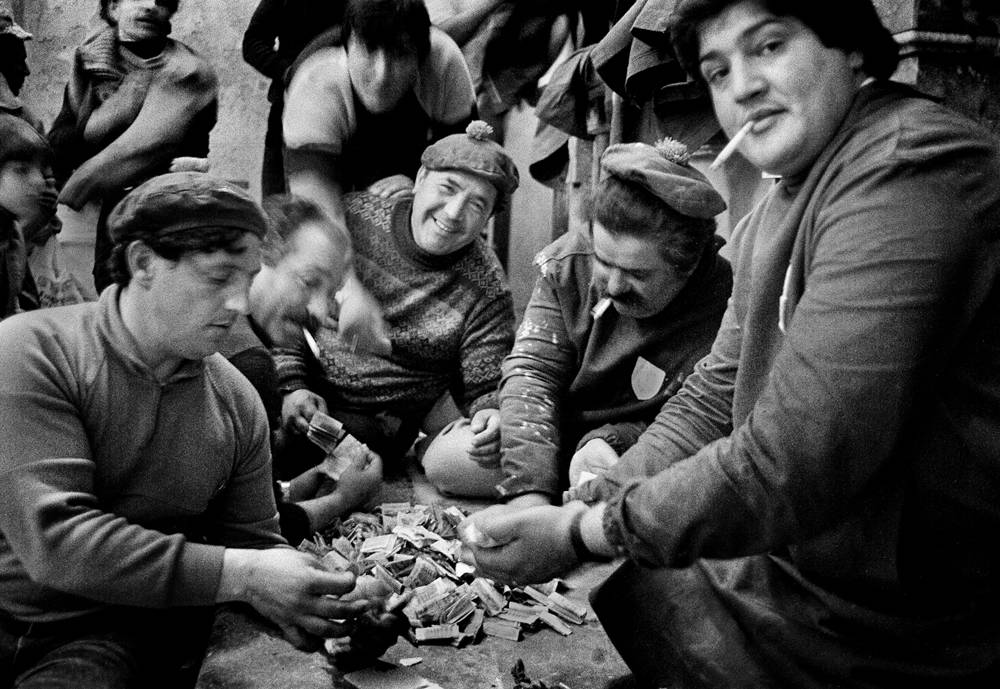



i-Italy
Facebook
Google+
This work may not be reproduced, in whole or in part, without prior written permission.
Questo lavoro non può essere riprodotto, in tutto o in parte, senza permesso scritto.